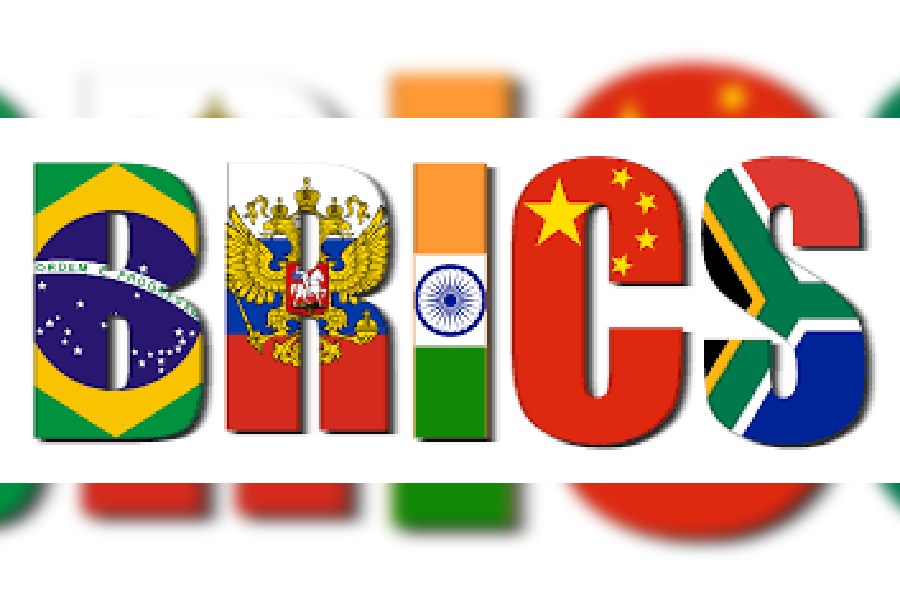Over the past 12 months, Iran has lurched from crisis to crisis.
An uprising led by women and young people seeking an end to clerical rule reverberated across the nation. High food prices intensified a long downward spiral of the economy. Violent crackdowns by Iranian security forces on the voices of dissent prompted widespread outrage abroad. And the prospect of a nuclear deal with the US appeared ever more dim.
But then came a surprise announcement on Thursday that the country had been invited to join BRICS, a group of emerging economies aiming to act as a counterweight to western dominance of the world order. Iranian officials immediately declared a victory, boasting about their country’s “historic achievement” and talking up its potential as a trade partner and as an ideological disrupter of western hegemony.
Analysts agreed that it was a political win for the Islamic Republic after a year of turmoil.
Although joining BRICS is not expected to help solve Iran’s formidable economic problems, the primary benefit of joining the group, experts say, would be to prove that Tehran has powerful friends. That could give it leverage in any further negotiations with the US.
“Part of the government’s message, both to external and internal audiences, is that they are not going anywhere and they have the validation of some major powers in the world,” said Henry Rome, a senior fellow at the Washington Institute for Near East Policy, a think tank.
That validation, according to Sasan Karimi, an analyst in Tehran, was a form of reward for forging closer ties with both China and Russia. Iran has provided drones to Russia that are being used in the war against Ukraine and, evading sanctions, sells discounted oil to China, whose economy is struggling.
Iran is one of six nations invited to join the group at a meeting in South Africa this week; the others are Argentina, Egypt, Ethiopia, Saudi Arabia and the United Arab Emirates. They would join Brazil, Russia, India, China and South Africa, for whom the BRICS acronym was coined.
The inclusion of Iran comes as West Asia’s geopolitics has become increasingly complex, with some US allies chafing at their partnerships with Washington.
New York Times News Service











